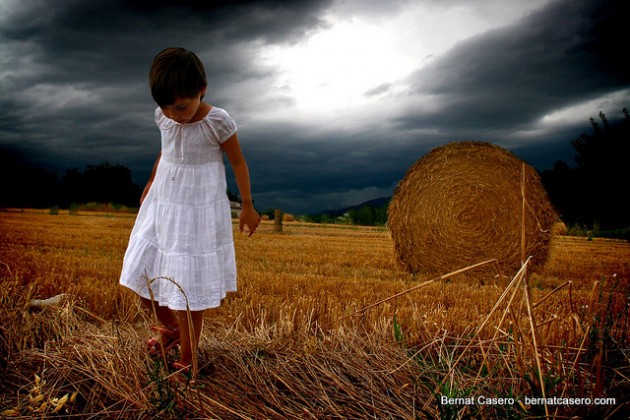
by Julie Sugar
For the Women Who Mother Me
When I was in second grade, I didn’t want to make a Mother’s Day card with the rest of the kids in class. My teacher, a kind person who I’m sure meant well, insisted. “You can write to her in heaven,” she said. I thought it was a stupid idea, and refused again.
My mom died when I was five years old. My father remained single throughout my childhood, and only very recently–to my twenty-something surprise–did he fall in love again, getting married at City Hall to his lovely wife one year ago, at sixty-five. Because he raised me and my brother by himself, I grew up without a mom or a stepmom. The absence was felt keenly and mundanely at the same time: I internally corrected teachers who told us to take permission slips home to our “mom and dad”, I answered small talk questions about my parents with the phrase “my family” (“my family moved here when I was five”), and I cringed at every TV show, movie, or book that used the backstory of a dead mom to explain a character’s troubled emotional landscape.
When I was a freshman in college, I called my father to let him know that I would be attending Yom Kippur services for the first time. He told me that there was a special prayer read by people who don’t have a mother, and asked me to find it and read it. I was moved that Judaism–my own religion, and one I knew next to nothing about–had such a prayer. Today, I read it four times a year: Yom Kippur, Passover, Sukkot, and (right around the corner now) Shavuot. Sometimes I cry. Usually, I don’t. In many ways, I’m accustomed to the idea that I don’t have a mom.
But that idea began to shift a year and a half ago. I remember the day the shift began: I had been dumped the night before, and was a sobbing disaster. On top of the heartbreak, I was also freaking out about a major project I had procrastinated on at my job. I was immobilized from stress, anxiety, rejection. I had to declare emotional bankruptcy.
I called Betsy. Growing up, I lived off and on with Betsy and her family while my dad worked overseas as a chemical engineer. Betsy didn’t pick up the phone, so I called my cousin Sara. I met my cousin Sara–who is more like an aunt–when I was nineteen; she and her family are relatives on my mom’s side. We spoke for a while, and she helped me calm down. When Betsy called me back, I explained through tears the break-up, the mess at work, and how I just didn’t know what to do.
“It’s okay,” said Betsy. “This is mom stuff.” It was a category I had never considered before: conversations that are best suited to talking through with your mother. She made me realize how many conversations with my mom I had missed–but more than that, Betsy was saying that I could have those conversations with her.
There are important women in my life who have mothered me, whom I could call in the middle of the night with something like this, or anything else. Betsy and Sara and others–family friends, friends of my mother’s, women I’ve met in more recent years.
And Betsy is right. Sometimes we have mom stuff. While I’ve spent a long time concentrating on not having a mom, now I also try to concentrate on the thought of the women who are looking out for me, helping me get through the mom stuff.
